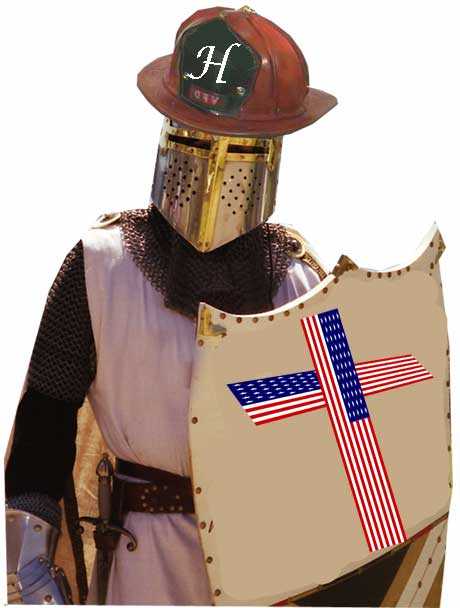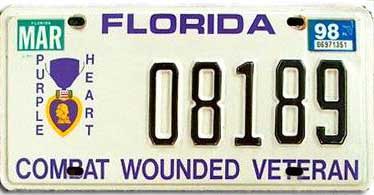
All-American hero ©2004 UrbisMedia
There was a time when heroes were people of the exceptional character and behavior. Heroes emerge early in recorded history; Achilles and Odysseus, Moses and David, for example, but every society has, perhaps needs, heroes. There are mythic heroes to fill in the blanks: Spiderman, Mulan, Frodo, some are also referred to as “superheroes”. Heroes were people, real and imagined, who performed heroic deeds, willingly put themselves in danger or at risk, usually to defend a nation, a principle, or even a person.
What do you say to people who have lost a son or a daughter in Iraq? John Kerry fumbled that one the other day, on the occasion of the 1000 th American service person to die there. I knew exactly what he was fumbling about because I’m sure he remembers it from his Vietnam dilemma. The one we all have. How do you say I’m sorry your child, husband, wife, whatever, died in a stupid, unnecessary war. How do you convey a condolence that does not imply that the reason for the condolence wasn’t necessary; how do you keep from implying that somebody might have died for no good reason. That could even befuddle a temporizer like John Kerry. Bush just says they are all “heroes”; but then, unlike Kerry, he knows nothing of heroism.
You can’t say something like that, even if you know that it’s true and that’s part of what you are sorry about. If that casualty sincerely believed, as many no doubt do, that they are protecting their loved ones from terrorists and keeping the world safe for democracy and bringing it to the Iraqis, well then, it is sad when we feel they are misguided in those feelings and beliefs, because those are noble, if woefully misdirected motivations. But what of that casualty was a gung ho, let’s waste some of those Arab-Muslim terrorists (or at least some people who look like them), and there are some of our people like that over there, and not just in Abu Ghraib. How sorry should we be about them?
It’s a dilemma. Like the one I had when, not long after 9-11, New York threw a party in Central Park for the police and firefighters, the “heroes” of 9-11. Except they were cruelly abusive to Senator Hillary Clinton when she got up to speak, and dumped all over actor Richard Gere when he implied that we needed to try to understand why these people did this to us. I admire their guts as first responders, but I have contempt for their brutish stupidity. Some of these guys did perform heroic deeds, but I also know some cops and firemen who are closer to anti-heroes; cops who like their guns, uniforms and the chance to use their authority a bit to much for their own macho needs, and firemen, I have read, who like the thrill factor of their work a bit too much, even to the surprising fact that there are a higher than average number of arsonists among their ranks.
But these days it seems that the title of hero is bestowed rather casually. Cops and firemen are categorically “heroes,” military people are categorically “heroes,” even POWs and those who died in the tragedy of 9-11 have been called “heroes.” Casualties in Iraq and Afghanistan are routinely called “heroes” by newscasters, politicians and their loved ones. For some, just being there defines them as “heroes”; but then there are some who clearly do not want to be there. For others a courageous act defines their heroism, but is being killed by a roadside bomb or a sniper, heroism? Which raises the point that was at the center of Kerry’s dilemma: when is a “hero” really a victim ? Or both? Are you asking for trouble, or at least seeming unpatriotic, to quibble the matter?
The Chrysler sedan I parked next to in the supermarket lot this morning is what I somewhat disparagingly call a “codger car”. It’s big, heavy, and possessed of those sharp, angular features that threaten to slice through a Japanese import like Bowie knife through sushi. I always give them a little extra room.
This codger car caught my attention for another reason: its license plate. Actually this license plate was more like a resumé. The plate read “NAVRET,’ which I took to be Navy, Retired. But it also said Pearl Harbor Survivor, and had a Purple Heart on it. A few other little emblems and a bumper sticker disclosed the owners political views and organizational memberships, and a golf hat, facing out from the back window had USS something embroidered on it along with gold “scrambled eggs” on the visor.
I’m not sure what the “message” of this license plate is. All vanity plates advertise something the driver wants us to think about him or her. But should I think this guy is a hero? Maybe he is. Maybe he’s just a guy who was lucky enough to get back from Pearl Harbor with enough pieces to be able to drive a Chrysler. Whatever. I wanted to honk for him to pull over and let me pass, but his bumper sticker said: “Pardon My Driving, I’m Reloading.” On this one I’ll elect to be a “live coward.”
 ___________________________________
___________________________________
©2004, James A. Clapp (UrbisMedia Ltd. Pub. 10.10.2004)
